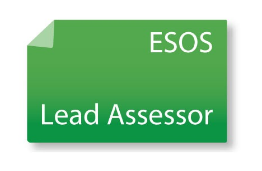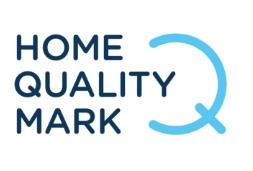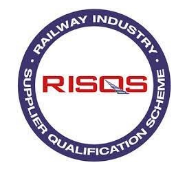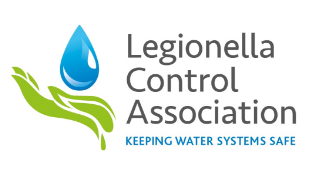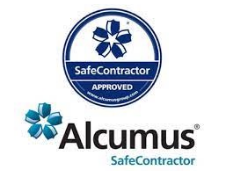Hospitals and healthcare facilities are designed to heal, not harm. Yet, hidden within their complex water systems can lurk a dangerous threat- Legionella bacteria. Known for causing severe respiratory conditions such as Legionnaires’ disease, Legionella presents a persistent risk to patient safety, especially in environments housing immobile individuals.
Recent cases in UK hospitals have underscored this threat, driving home the importance of robust water hygiene management and professional clean and disinfection services.
Understanding Legionella in Healthcare Settings
Legionella is a naturally occurring bacterium typically found in freshwater sources. While harmless in nature, it can become a serious health hazard when allowed to proliferate in man-made water systems – such as those found in hospitals.
The bacteria thrive in warm, stagnant water between 20°C and 45°C, commonly found in:
- Unused or infrequently used taps and outlets
- Storage tanks and calorifiers with sediment or scale build-up
- Cooling towers, showers, and humidifiers that can aerosolise contaminated water droplets
When inhaled via mist or steam, Legionella can cause Legionnaires’ disease (a severe form of pneumonia) or the milder Pontiac fever. While healthy individuals can usually recover, those with weakened immune systems, such as patients in hospitals, face a far greater risk of complications or death.
Recent Legionella Outbreaks: A Wake-Up Call for the Healthcare Sector
In February 2025, Campbeltown Hospital in Scotland detected Legionella in its water supply, prompting immediate safety measures. The hospital quickly introduced alternative water sources and implemented an enhanced monitoring programme to safeguard patients and staff.
This incident, however, was not an isolated case. Two more UK hospitals – one in Scotland and another in England – have since reported similar outbreaks. Immediate risk assessments and emergency disinfection protocols helped contain the situations, but the message is clear: proactive prevention is essential.
Additionally, such outbreaks serve as a stark reminder that waterborne bacteria can pose a serious risk, especially in healthcare environments where vulnerable patients are at higher risk of infection.
Why Legionella Risk Is Higher in Healthcare Facilities
Healthcare environments are uniquely vulnerable due to:
- The extensive and intricate water systems needed to service wards, theatres, and specialist units
- The presence of medical equipment like nebulisers and humidifiers, which can disperse contaminated aerosols
- A patient population that includes individuals with compromised immune systems, for whom even low-level exposure can be dangerous
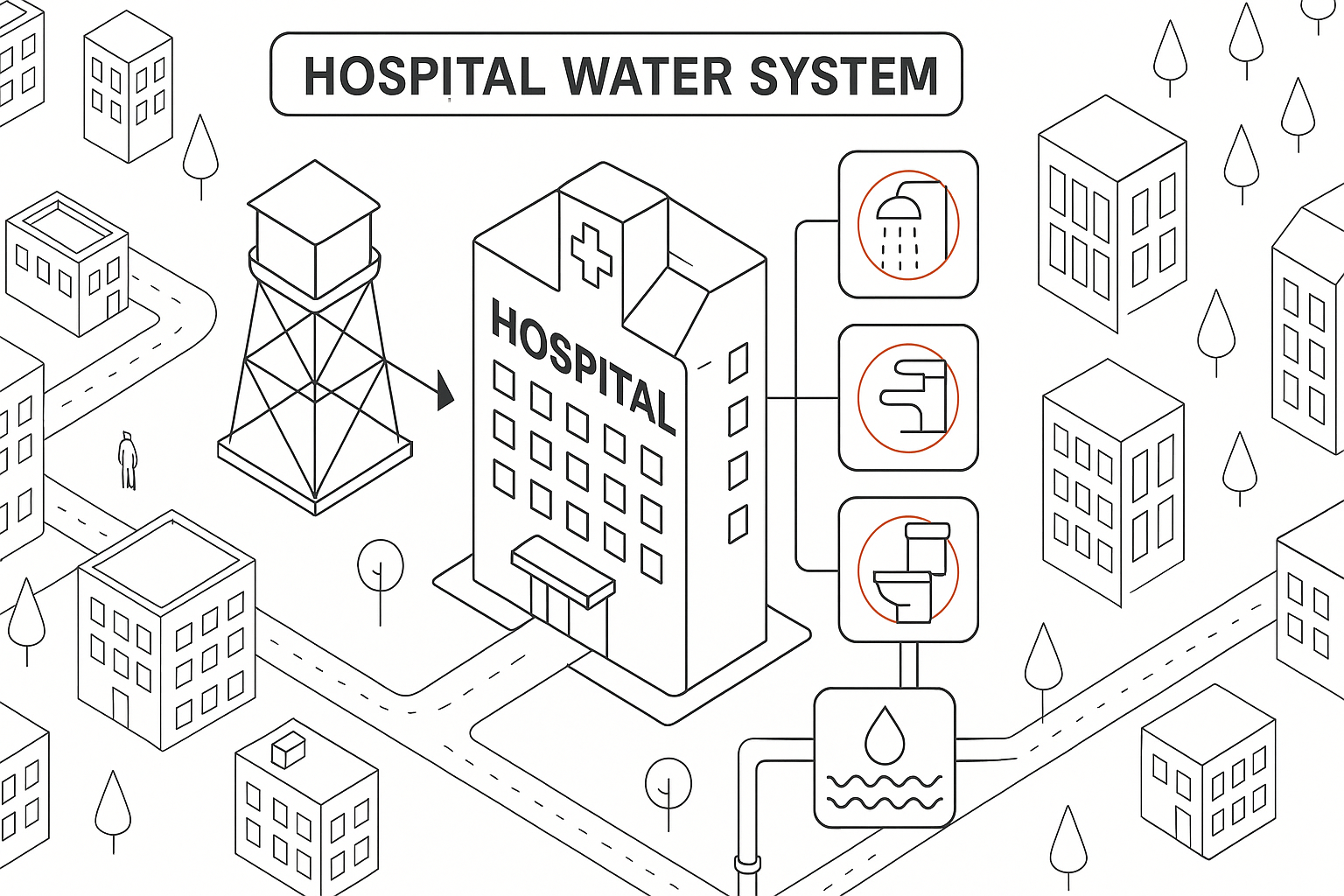
The Importance of Clean & Disinfection Services
Regular cleaning and disinfection of water systems are essential in preventing Legionella growth. These processes remove biofilm, sediment, and other organic matter that encourage bacterial colonisation. Effective water hygiene management not only protects patients and staff but also ensures compliance with stringent health and safety regulations, such as the Health & Safety Executive’s (HSE) Approved Code of Practice (ACoP) L8.
Without proactive measures, Legionella outbreaks can lead to serious consequences, including hospital ward closures, legal liabilities, and reputational damage. By investing in specialist water hygiene services, healthcare facilities can reduce risks and provide a safe environment for all.
To prevent Legionella outbreaks, healthcare settings must implement a multifaceted water hygiene strategy, grounded in both regulation and science. Key elements include:
Regular Clean & Disinfection of Water Systems
Thorough cleaning and biocide disinfection help eliminate the biofilms, sediments, and organic materials that nourish Legionella. This should be performed by professionals who understand healthcare-specific risks.
Legionella Risk Assessments
In-depth evaluations of water systems identify potential risk points – such as dead legs, areas of low flow, or temperature inconsistencies and form the basis for a compliant control plan.
Temperature Control
Legionella thrives between 20°C and 45°C. By maintaining hot water above 60°C and cold water below 20°C, facilities create conditions that inhibit bacterial growth.
Monitoring & Testing
Routine water sampling and legionella testing ensure early detection. Without it, bacteria may go unnoticed until a serious outbreak occurs.
Staff Training
Educating maintenance staff and healthcare workers on water hygiene protocols, proper use of equipment, and early symptom recognition is a critical component of infection prevention.
maintenance teams, equipping them with the skills to recognise risks and implement best practices for water hygiene management.
The Role of Facility Management in Infection Control
Behind every safe healthcare environment is a vigilant facility management team. Their role in ensuring the functionality and cleanliness of water systems cannot be overstated. From scheduling maintenance to coordinating testing and overseeing staff training, they are a frontline defence against Legionella.
How Genex Supports Healthcare Facilities
As a leading provider of water hygiene solutions, Genex offers a comprehensive range of services to help hospitals and healthcare providers manage their Legionella risk effectively.
1. Clean & Disinfection of Water Services
Genex delivers industry leading cleaning and disinfection services to eradicate microbial contamination. Using specialist techniques and approved biocides, our experts ensure that hospital water systems remain free from harmful bacteria, safeguarding patients and staff from potential infections.
2. Legionella Risk Assessments
A thorough risk assessment is the first step in preventing Legionella outbreaks. Our specialists conduct detailed evaluations of water systems to identify vulnerabilities, assess compliance with HSE guidelines, and recommend tailored control measures.
3. Legionella Control & Management Plans
We provide ongoing management strategies to help healthcare facilities maintain water safety. Our tailored plans include temperature monitoring, routine inspections, and emergency response protocols to prevent bacterial proliferation.
4. Legionella Testing & Water Analysis
Regular water sampling and laboratory analysis are crucial for early detection of Legionella. We offer comprehensive testing services to ensure hospitals can swiftly detect and respond to any bacterial presence before it poses a risk to health.
5. Training & Awareness Programmes
Knowledge is key in preventing Legionella outbreaks. Genex provides training sessions for healthcare facility managers and maintenance teams, equipping them with the skills to recognise risks and implement best practices for water hygiene management.
Safeguarding the Future of Healthcare Water Safety
Legionella remains a persistent threat in healthcare settings, but with the right approach, outbreaks can be prevented. The recent incidents in UK hospitals highlight the need for robust water hygiene management, regular disinfection, and proactive risk assessment.
Genex is committed to helping hospitals and healthcare providers maintain safe and compliant water systems through expert clean and disinfection services. By taking a proactive stance, facilities can protect vulnerable patients, ensure regulatory compliance, and avoid the costly repercussions of Legionella contamination.
For more information on how Genex can support your water hygiene strategy, contact us today.






